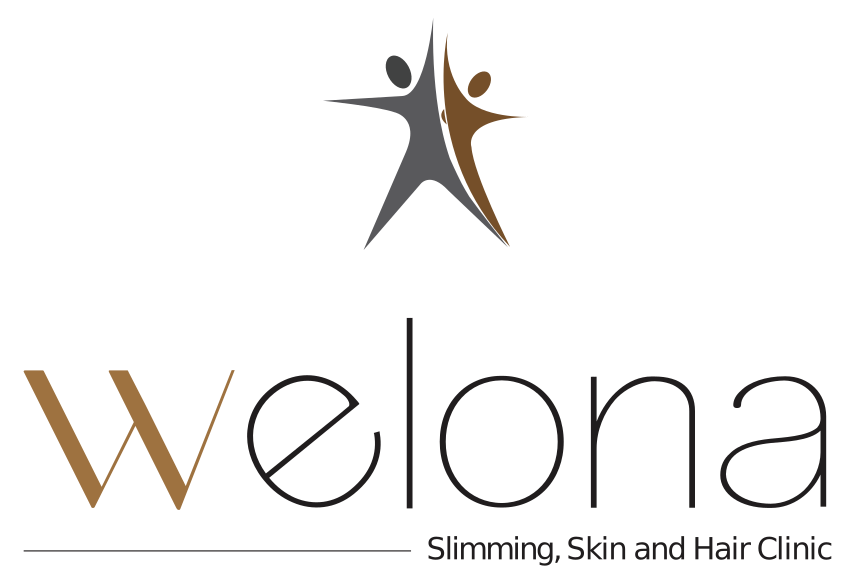Minoxidil is one of the most well-known hair loss treatments available, and for good reason – it’s one of only two FDA-approved medications for androgenetic alopecia (genetic hair loss). But with any medical treatment, it’s important to understand exactly what it can and cannot do for your specific situation.
However, not everyone is a good candidate, and understanding the pros, cons, and realistic expectations is crucial before starting treatment.

What Is Minoxidil?
Minoxidil is a topical medication originally developed to treat high blood pressure. Researchers discovered that patients taking oral minoxidil experienced increased hair growth as a side effect. This led to the development of topical minoxidil specifically for hair loss treatment.
How It Works:
Minoxidil works by:
- Increasing blood flow to hair follicles
- Extending the growth phase of hair
- Potentially increasing follicle size
- Stimulating dormant hair follicles
FDA Approval: Minoxidil is FDA-approved for both men and women, making it one of the most thoroughly studied hair loss treatments available.
The Pros of Minoxidil Treatment
- Proven Results: Studies show minoxidil can slow hair loss in 80-90% of users and promote some regrowth in 40-60% of users.
- Safe and Approved: Decades of use have proven minoxidil’s safety when used correctly.
- Pairs Well: Can be combined with other treatments for better results.
The Cons and Limitations
- Daily Commitment: You need to apply twice daily, every day. Stop using it, and your hair loss will return.
- Temporary Shedding: Many people lose more hair initially (2-8 weeks) as weak hairs fall out to make room for stronger ones.
- Takes Time: Real results take 4-6 months of consistent use – patience is key.
- Possible Irritation: Some users experience scalp dryness or itching, especially with stronger formulations.
Who Should Use Minoxidil?
Good Candidates:
- Early to moderate hair loss
- Genetic hair loss (runs in your family)
- Willing to commit to long-term treatment
- No allergies to the ingredients
Best Results: Minoxidil works most effectively on crown thinning and is generally more successful in younger people with recent hair loss.
Who Should Avoid Minoxidil?
Skip It If You Have:
- Allergies to minoxidil or propylene glycol
- Active scalp conditions or infections
- Unexplained hair loss (see a doctor first)
- Pregnancy or breastfeeding (for women)
Getting Professional Help
While over-the-counter is available, working with a dermatologist offers significant advantages. Professional-grade formulations can be customized to your specific needs, often with higher concentrations and additional beneficial ingredients.
The Bottom Line
Minoxidil can be an effective tool for managing hair loss, but it’s not a miracle cure. Success requires realistic expectations, consistent use, and often works best as part of a comprehensive treatment plan.
If you’re considering, consult with a dermatologist to determine if it’s right for your specific situation. They can help you understand what to expect and create a treatment plan that gives you the best chance of maintaining and potentially regrowing your hair.
Remember: the earlier you start treatment, the better your chances of success.
Don’t wait until hair loss becomes severe – take action when you first notice changes.


